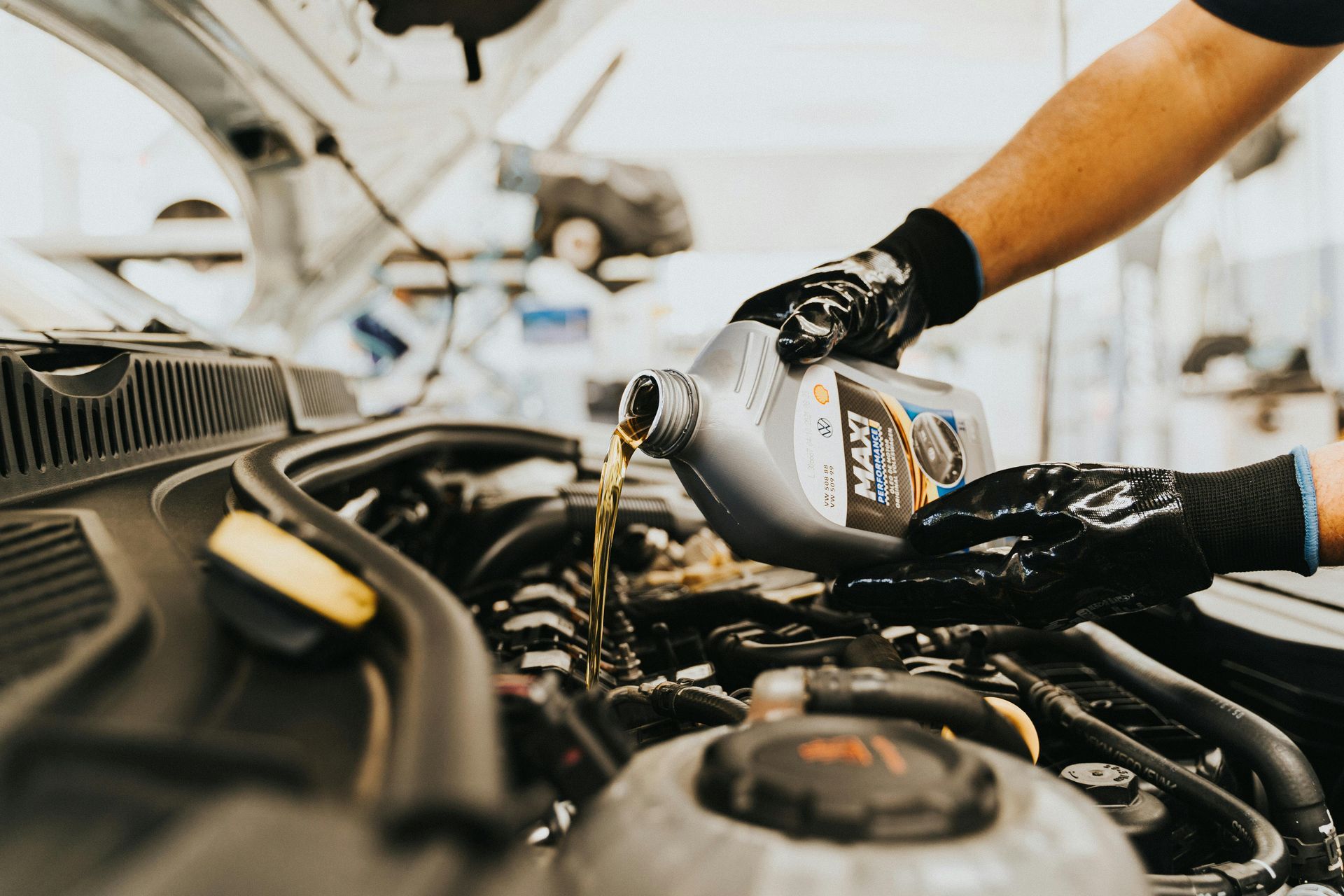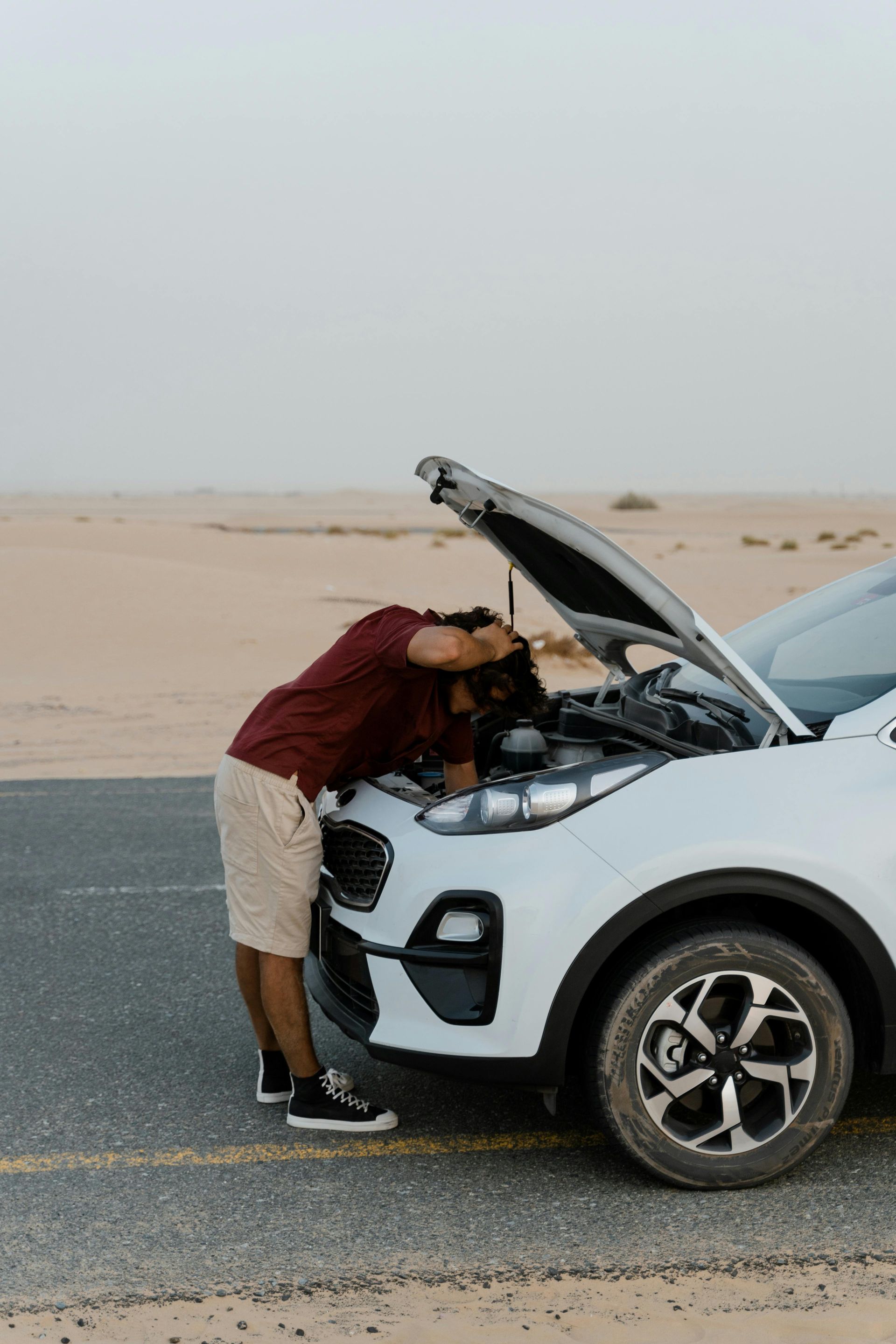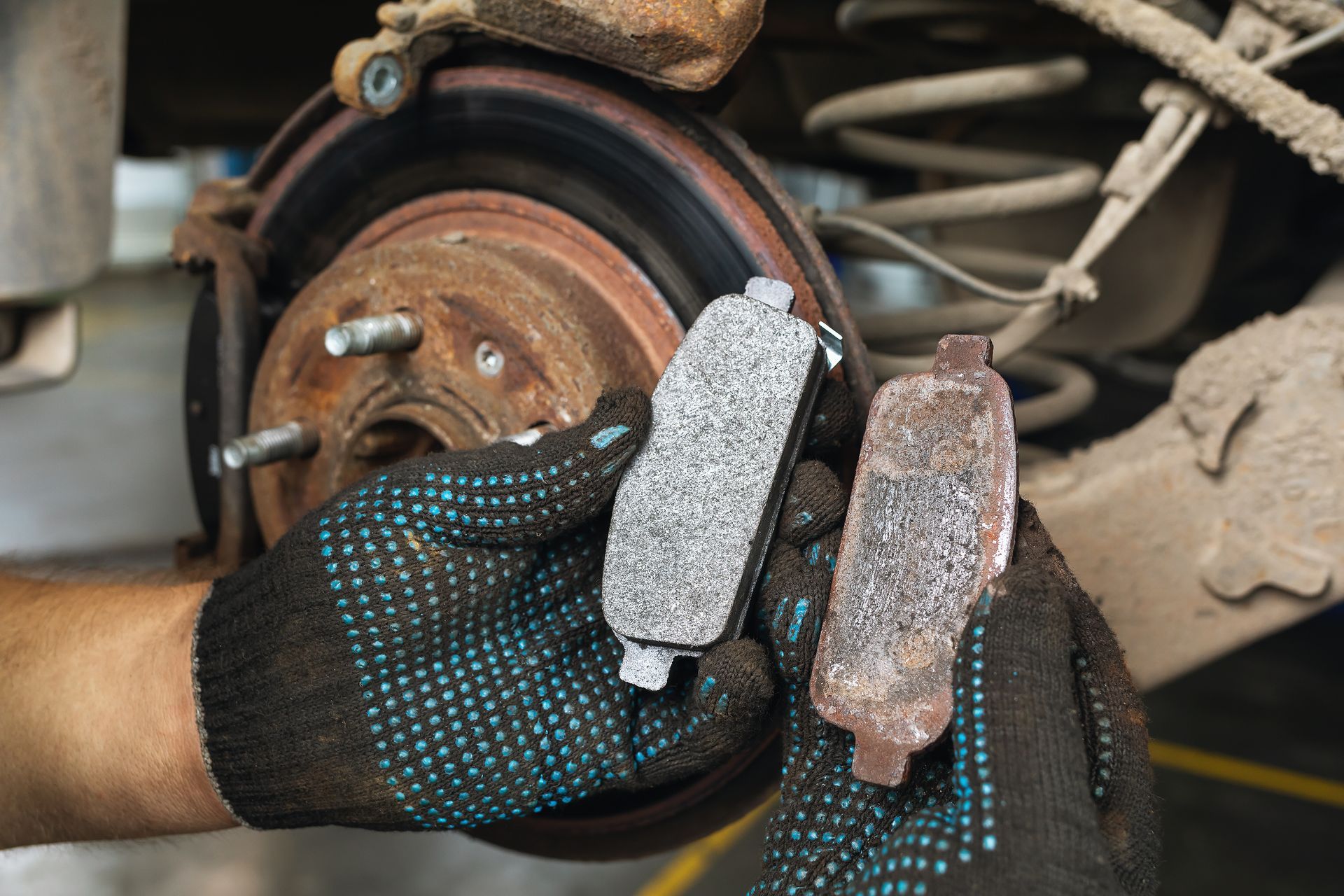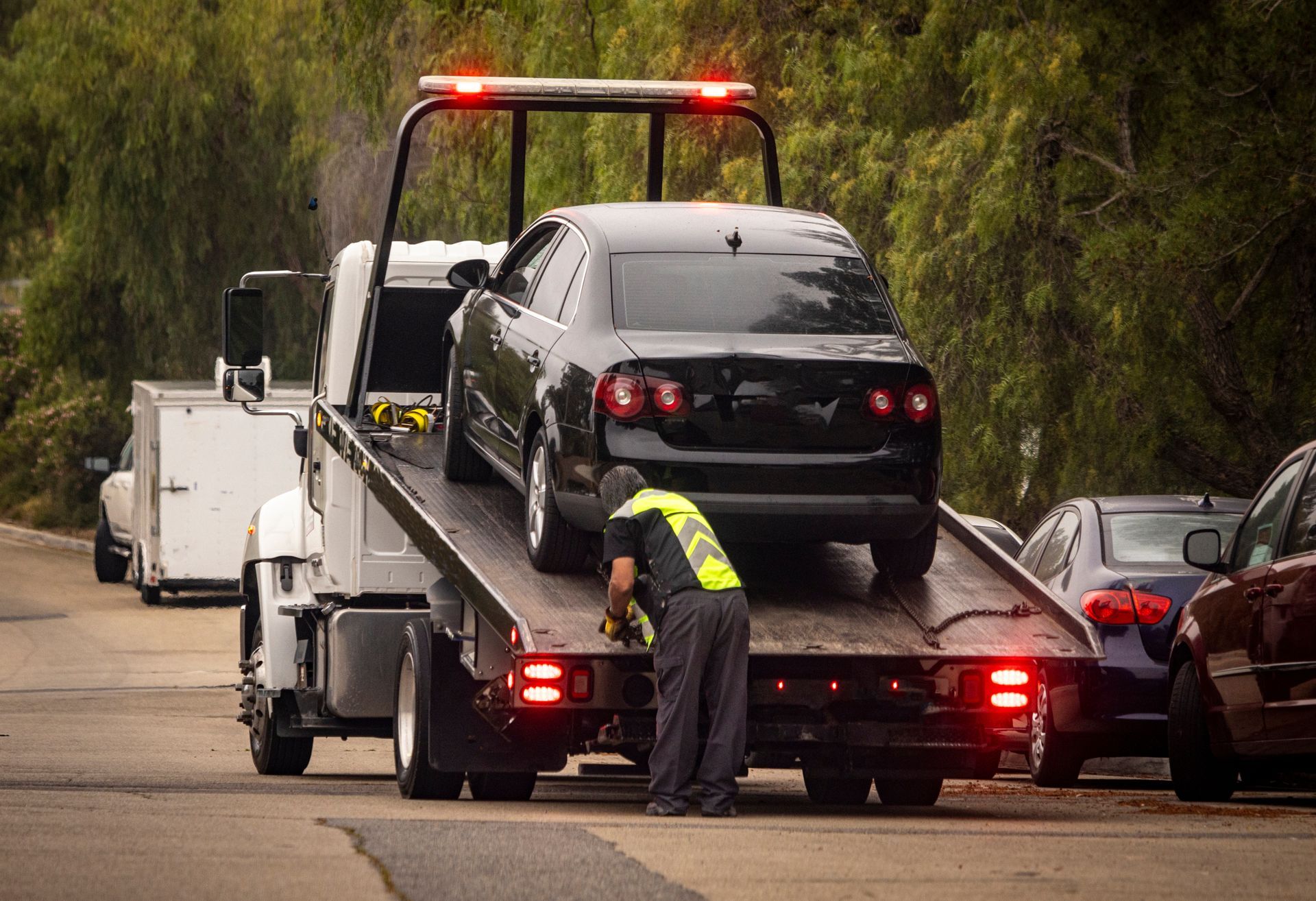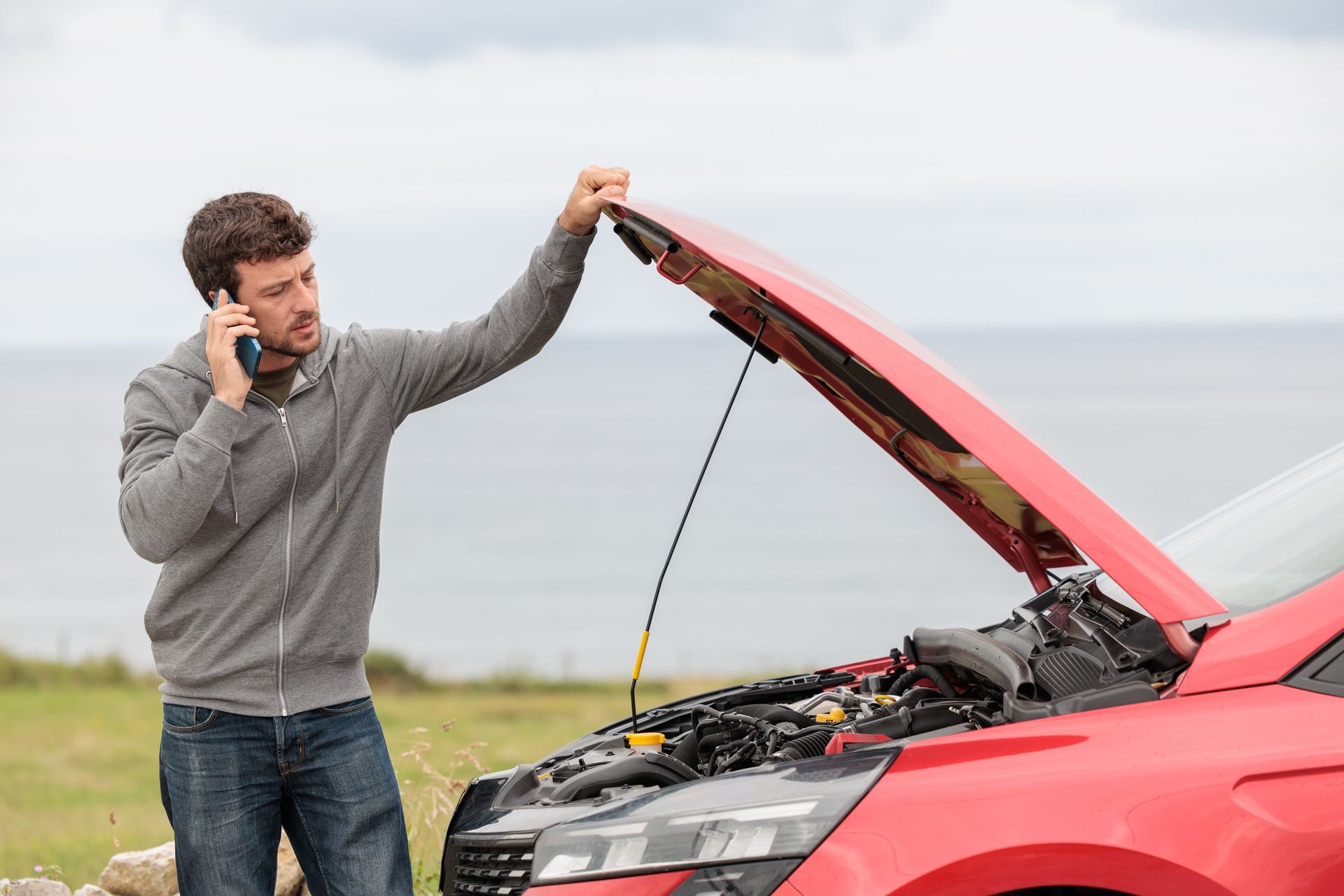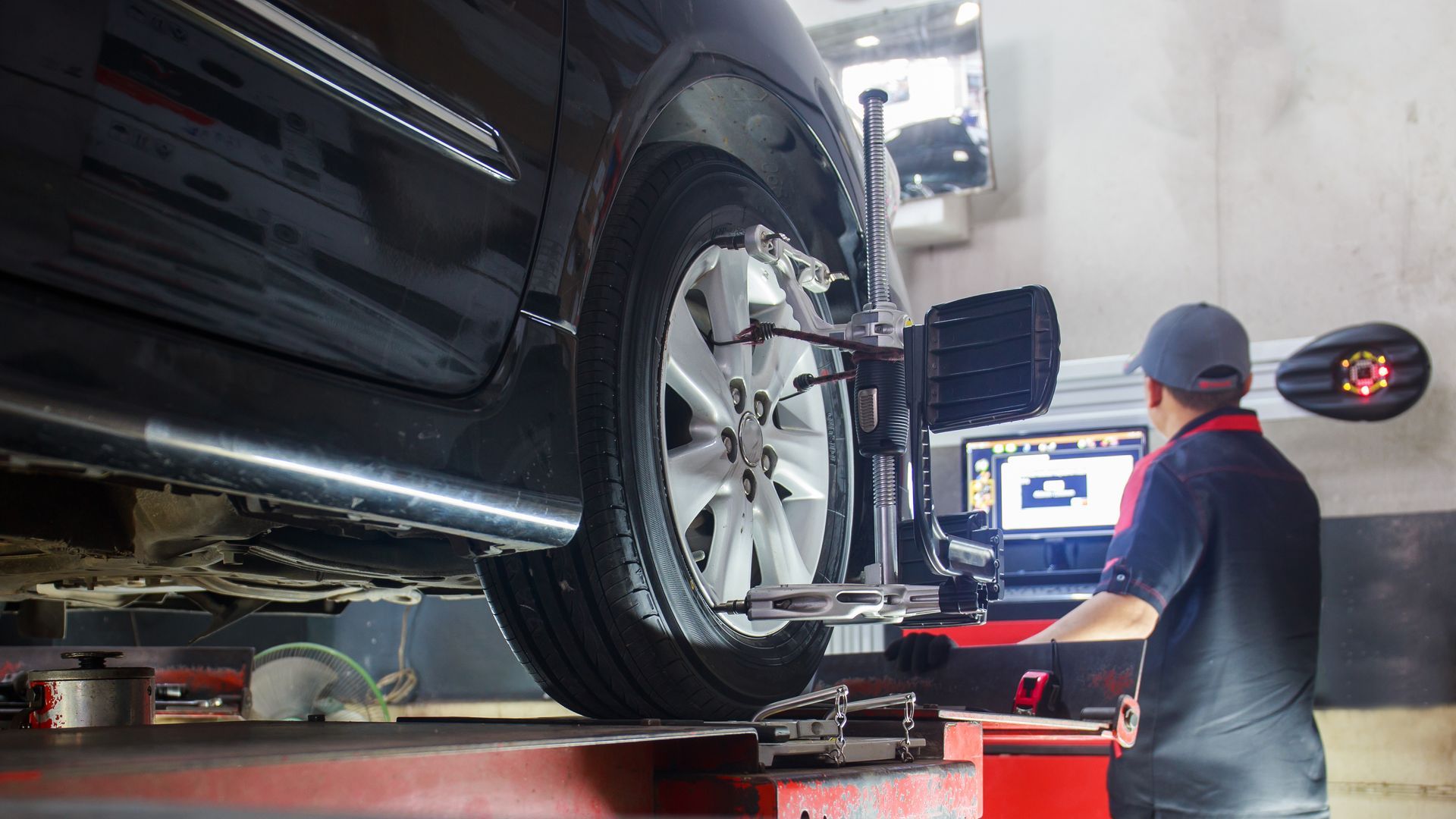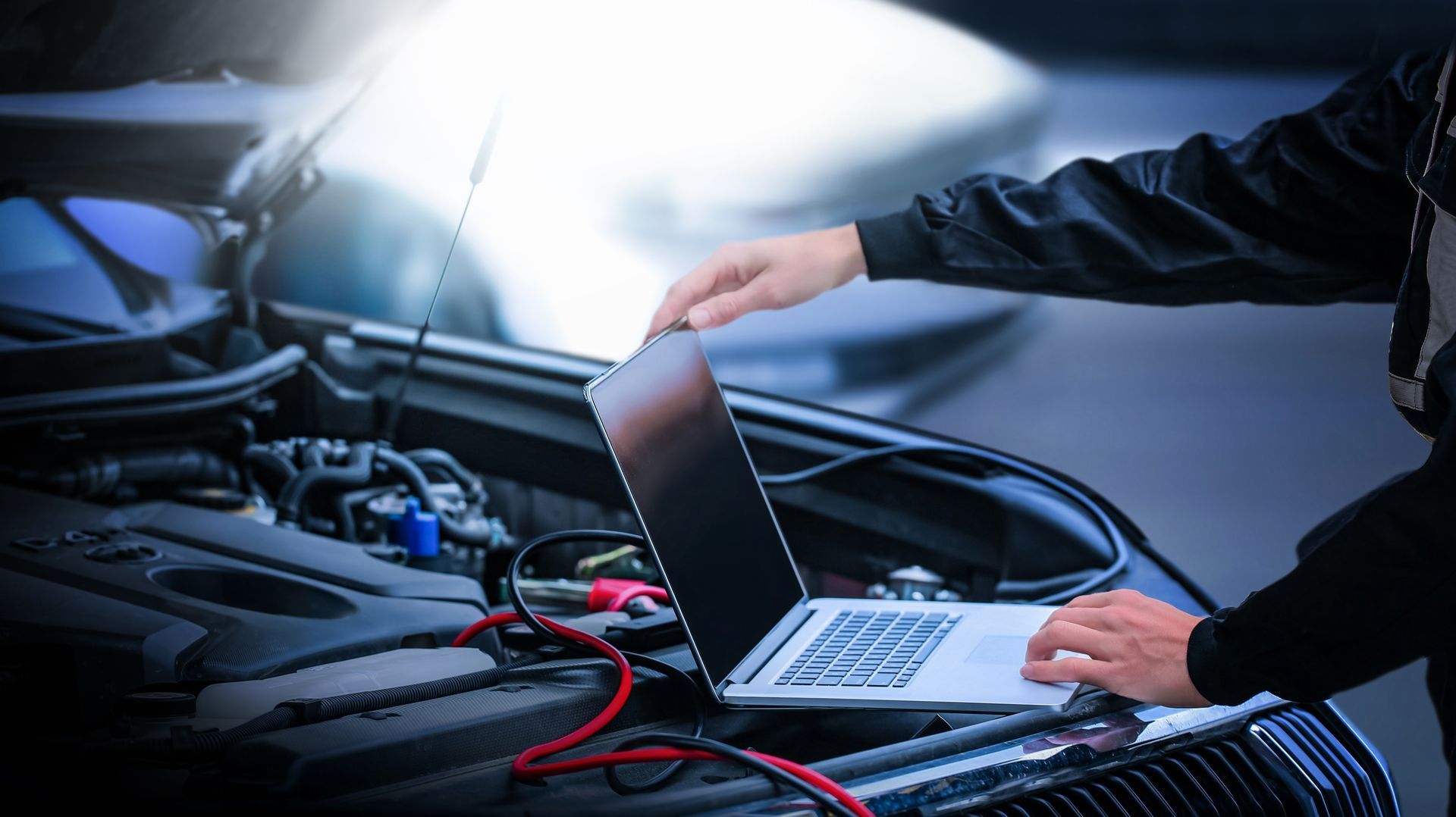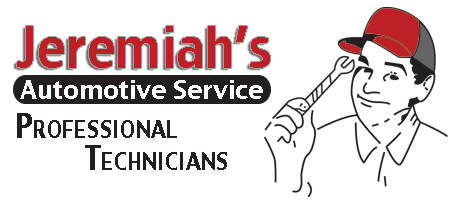10 Warning Signs You Need Brake Repairs Now
Your vehicle’s brakes are one of the most critical components for ensuring your safety on the road. Ignoring early signs of brake trouble can lead to expensive repairs—or worse, a dangerous accident. Understanding these warning signs helps you take proactive steps to address brake issues before they become severe. Below, we explore the ten most common indicators that you need brake repairs immediately and why addressing them is essential for safe driving.
1. Squealing or Screeching Sounds
One of the first and most noticeable signs of brake trouble is a high-pitched squealing noise when you press the brake pedal. This sound often comes from a built-in wear indicator in brake pads designed to alert you when they’re worn down. If you hear this sound, it’s time to schedule an inspection before the pads deteriorate further and cause damage to other components, such as rotors.
2. Grinding Noises
A grinding or growling noise indicates that your brake pads are completely worn out, and the metal backing is now coming into contact with the rotors. Not only does this significantly reduce braking efficiency, but it also increases the cost of repairs. Replacing pads is far cheaper than repairing or replacing damaged rotors.
3. Vibrations When Braking
If you feel vibrations or pulsations in the brake pedal when you stop, it could signal warped rotors. This issue often arises from prolonged braking on steep declines or sudden stops at high speeds. Warped rotors can compromise your stopping power, making timely repairs essential.
4. Soft or Spongy Brake Pedal
A brake pedal that feels soft, spongy, or sinks too close to the floor when pressed could indicate a serious problem with the hydraulic system, such as air in the brake lines or a fluid leak. This condition demands immediate attention, as it can drastically reduce your ability to stop in emergencies.
5. Burning Smell While Driving
A sharp, chemical odor while driving, especially during heavy braking, can be a sign of overheating brake pads or clutch. Overheating reduces braking effectiveness and increases wear, making it critical to pull over and allow your brakes to cool before further damage occurs.
6. Brake Warning Light
If the brake warning light illuminates on your dashboard, it could signal anything from low brake fluid to a more serious issue like a malfunctioning ABS (anti-lock braking system). Always take this light seriously and schedule an inspection as soon as possible.
7. Car Pulling to One Side
Does your car pull to one side when braking? This could mean uneven wear on your brake pads, a stuck caliper, or an issue with the brake hoses. A professional inspection will pinpoint the problem and restore balance to your braking system.
8. Increased Stopping Distance
If your car takes longer to stop than it used to, it’s a clear sign your brakes are losing effectiveness. Worn brake pads, low fluid levels, or other system issues could be to blame. Increased stopping distance compromises your ability to react to sudden hazards, making immediate repair critical.
9. Visible Wear on Brake Pads
Inspecting your brake pads regularly can help you catch problems early. If the pads appear thinner than a quarter of an inch, it’s time for a replacement. Neglecting worn pads can lead to damage to other parts of the braking system.
10. Leaking Brake Fluid
Brake fluid leaks often appear as a yellowish or brownish puddle under your car. Fluid leaks reduce hydraulic pressure, making it harder to stop your car effectively. Never ignore a leak; get your vehicle inspected by a professional immediately.
Why Brake Repairs Are Essential for Safety
Brakes are a key safety feature, and even small issues can escalate into significant hazards if left unaddressed. At Jeremiah's Auto, we specialize in brake repair services to ensure your vehicle is always road-ready. Regular maintenance and timely repairs not only protect you but also extend the life of your brake system.
Tips to Extend the Life of Your Brakes
- Avoid hard braking unless it’s an emergency.
- Use engine braking on steep descents.
- Keep up with regular brake inspections—schedule one at least once a year.
- Replace brake fluid every 2-3 years to prevent hydraulic system issues.
What to Do If You Notice These Signs
If you’re experiencing any of these warning signs, don’t delay—schedule a brake inspection immediately. Continuing to drive with faulty brakes puts you and others at risk. At Jeremiah's Auto, our certified technicians provide thorough brake inspections and repairs to ensure your safety and peace of mind.
Click here to learn more about our brake repair services.
Conclusion
Your brakes are your car’s most important safety feature, and recognizing the signs of trouble is the first step to preventing accidents and costly repairs. Whether it’s a squealing sound, a soft pedal, or a warning light, addressing brake problems promptly ensures you stay safe on the road. Contact Jeremiah's Auto today to schedule your brake inspection or repair service, and drive with confidence knowing your vehicle is in expert hands.
Don’t wait until it’s too late—book your appointment today!
